Despite climate change being a reality in the north, America’s circumpolar neighbours are finding out just how far the Trump Administration will go to avoid saying those words.
Last week, the council did not release a joint declaration at the end of their bi-annual meeting last week because the U.S. wouldn’t sign on to anything that included the words climate change.
This is on message for Trump’s administration.
In 2017 the U.S. withdrew from the Paris Climate Change Accord, which was signed by 200 other countries including Canada.
“Usually at the end of this, there is a declaration, where all the members agree to a declaration which would be (non) binding, on the work that will be done in the next two years,” said Inuit Circumpolar Council Canada President Monica Ell-Kanayuk.
“Unfortunately, the United States did not want any wording whatsoever with the words climate change. That led to the declaration not being developed.”
(Amazing the difference three years can make. Above, is a stretch of road photographed in May 2016. Below is the same road, photographed in May 2019. Those large snowbanks are no longer there. May brought a single day record high temperature for the month of May to Iqaluit. Photos: Kent Driscoll/APTN)
Ell-Kanayuk, an Iqaluit resident, says she sees climate change first hand in her community.
A combination of warm weather and low snowfall over the winter has left snowmobiles landlocked earlier than ever.
Iqaluit city council has approved pumping drinking water from a nearby river into the city reservoir, because not enough ice will be melting into the reservoir this year.
(Kids playing outside in Nunavut is not unusual but kids playing basketball outdoors in May without having to shovel off the court is very unusual. The kids here outside of the Nakasuk School in Iqaluit are getting their game on early, due to unseasonable warm weather. Photo: Kent Driscoll/APTN)
Here in Iqaluit, climate change is an everyday problem.
“It’s a reality,” said Ell-Kanayuk. “The climate is changing. We see it most up here. We are the ones first hand experiencing climate change, and it is not us who are creating the climate change.”
(This is the view from the breakwater in Frobisher Bay. There may be some choppy ice left in the bay, but look behind. Those hills are usually snow covered this time of year. Photo: Kent Driscoll/APTN)
The American stance not only defies her reality, it could lead to an important precedent, politicizing the usually apolitical council.
“The fear is that other countries might also decide that this is something that they don’t need to deal with,” said Ell-Kanayuk.
A veteran of the Nunavut Legislative Assembly, Ell-Kanayuk does see a political solution to this vexing American stance.
“I hope this is just a bump in the road. The elections are forth coming, we don’t know what the outcome will be, and until then, we don’t know how they’ll change dealing with their issues in the future,” she said.
(In Nunavut, the snow is like the road and snowmobiles are the cars. Unseasonable weather has left there sleds landlocked, meaning the hunters who use them will not be bringing home affordable food to their families. Photo: Kent Driscoll/APTN)
The next Arctic Council meeting is in Iceland in 2021.
Inuit Circumpolar Council was founded in 1977 and represents 160,000 Inuit living in Alaska, Canada, Greenland and Russia.
Its goal is to represent the combined interests of Inuit on a global stage.
Each of the four Inuit regions have two members chosen by their local Inuit organizations. As a part of their work, they sit as permanent members of the Arctic Council.
The current Canadian President of ICC is Monica Ell-Kanayuk.



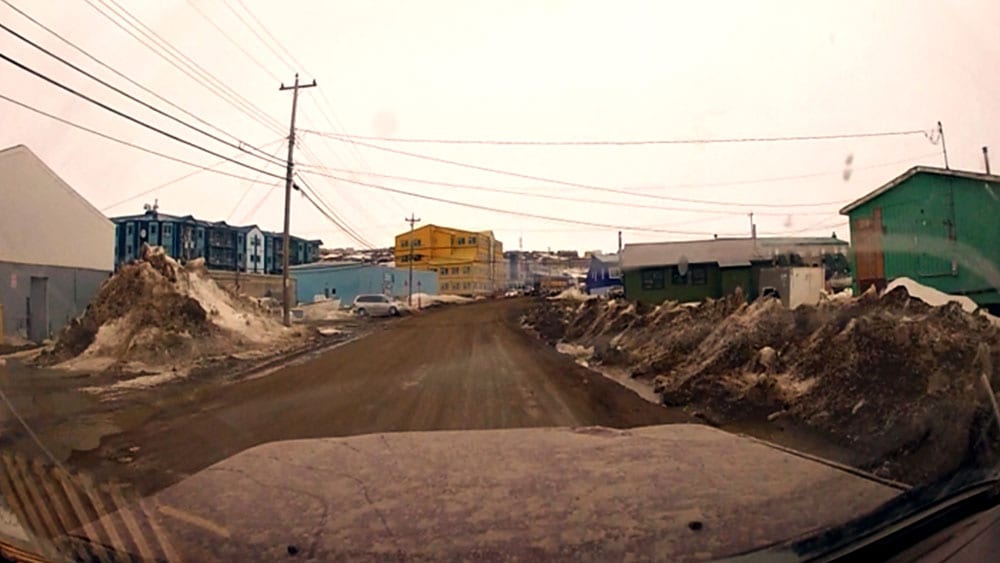



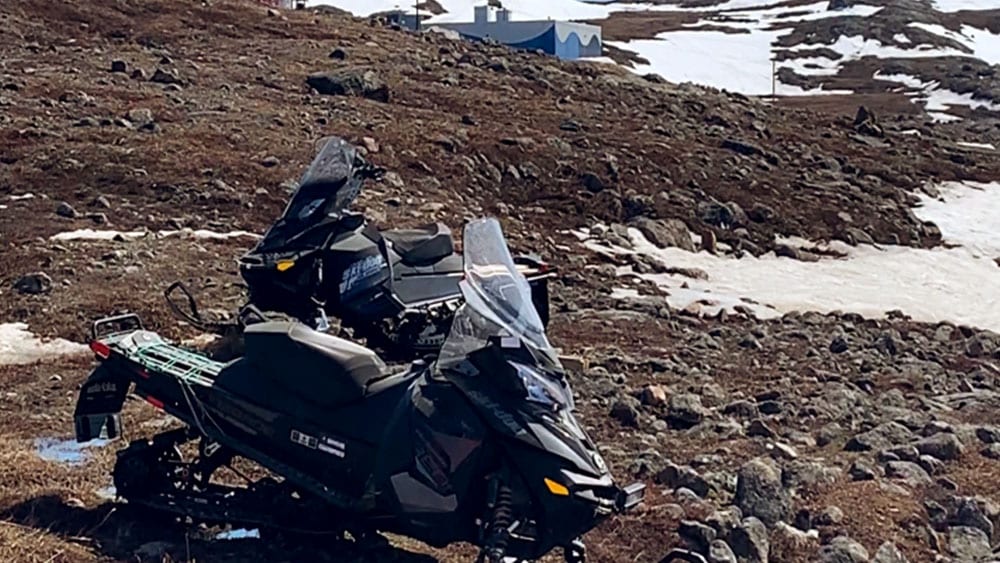

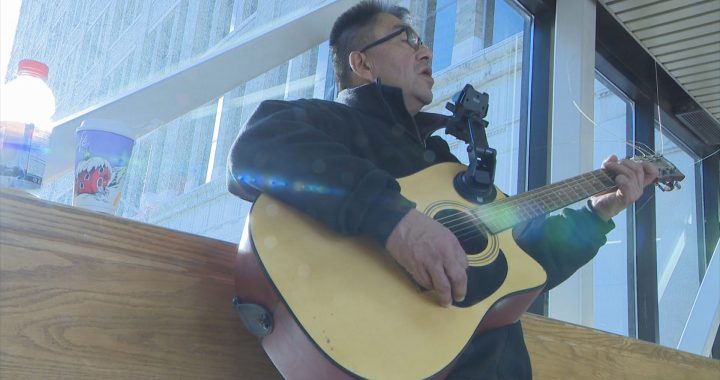
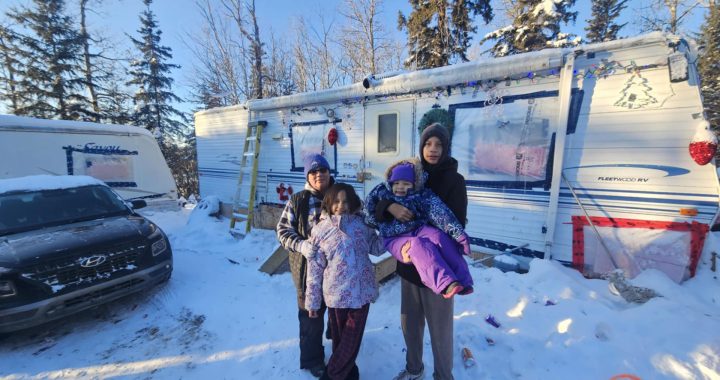
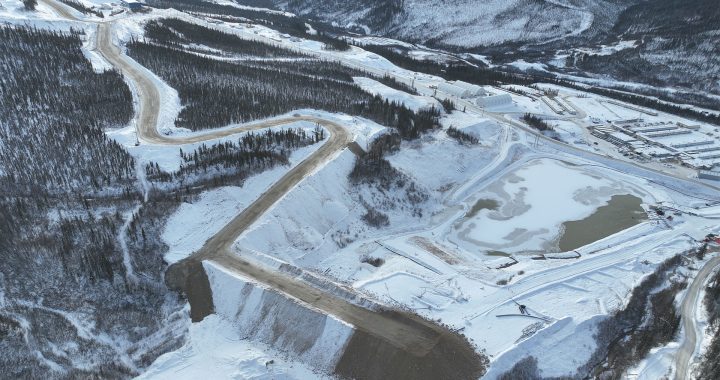
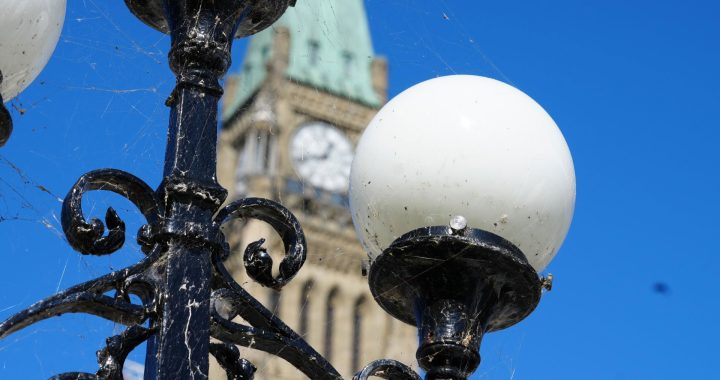
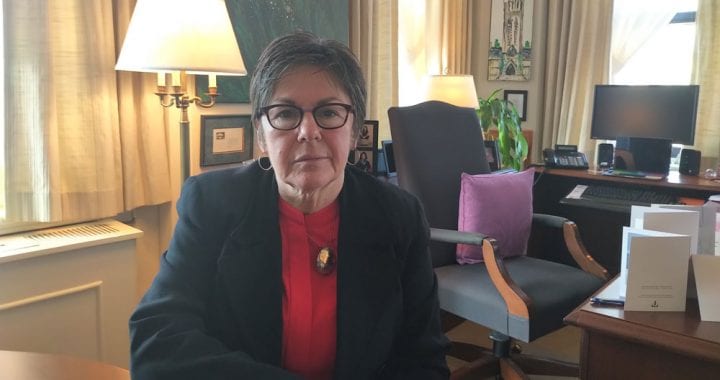


Yes the Inuit want a piece of the climate snake oil funds. Why should they miss out? The gullible public will always give if you scare them with phoney scare mongering threats like climate change.